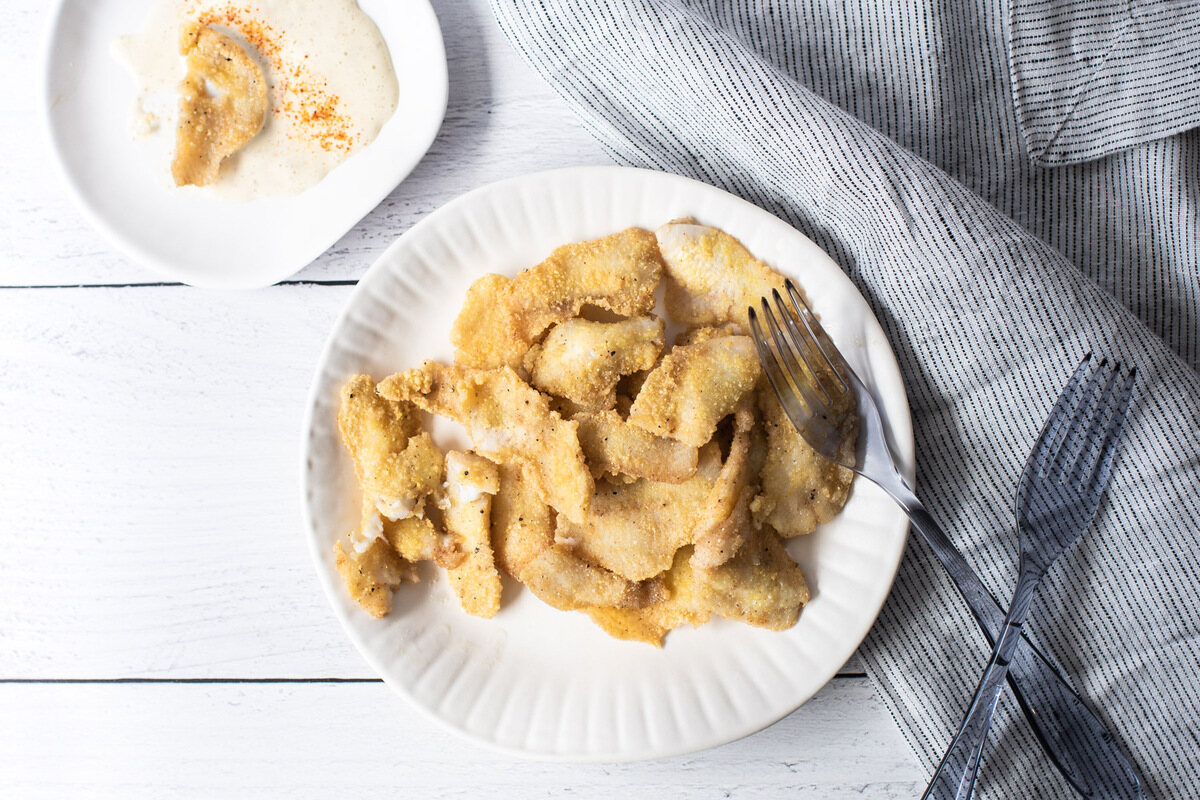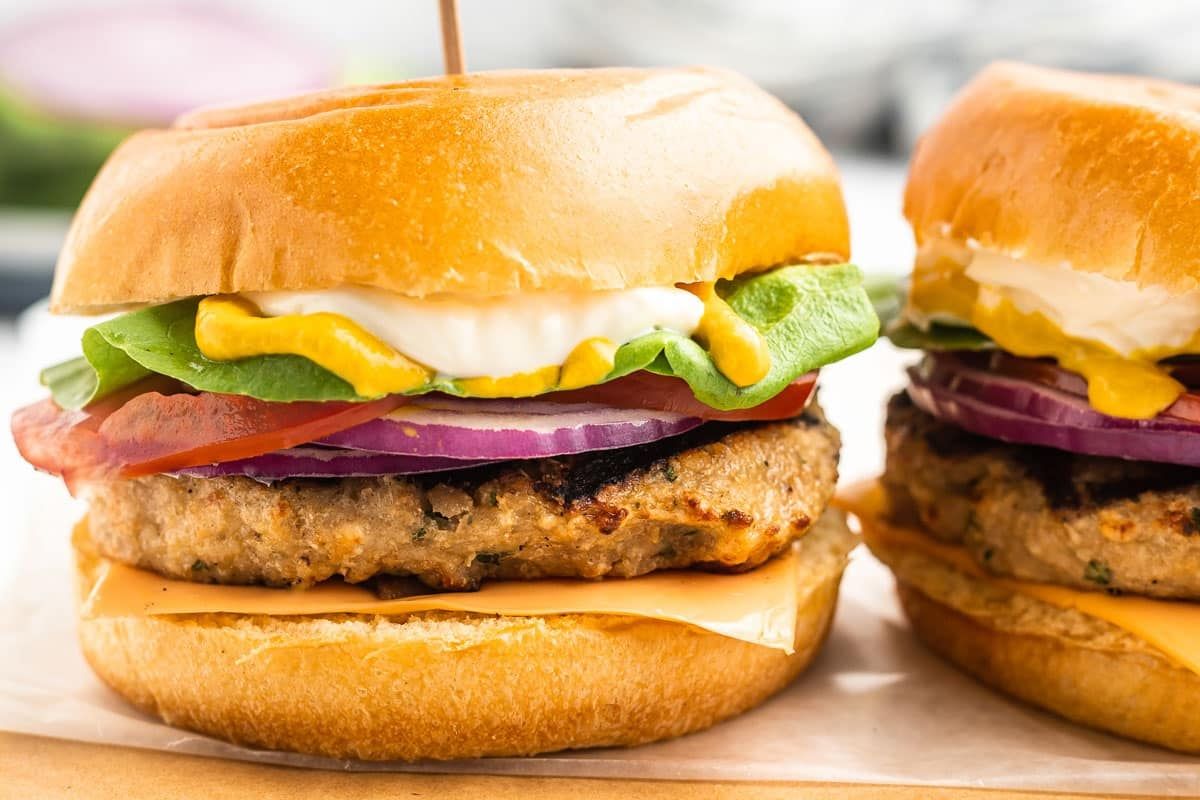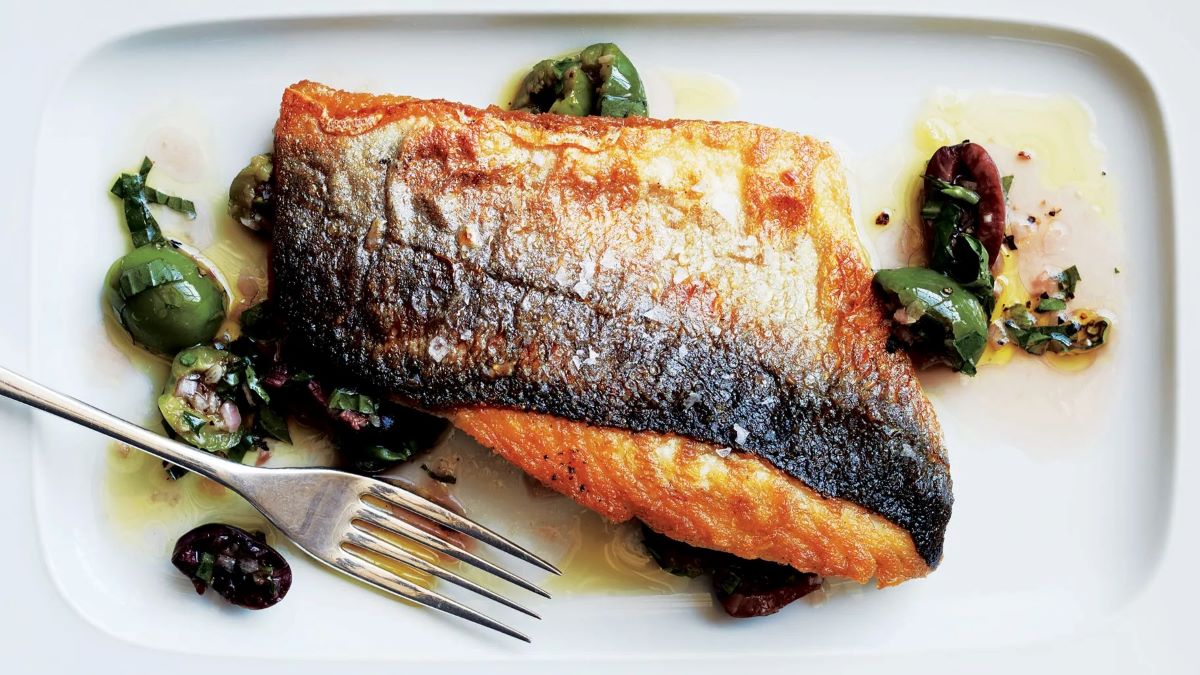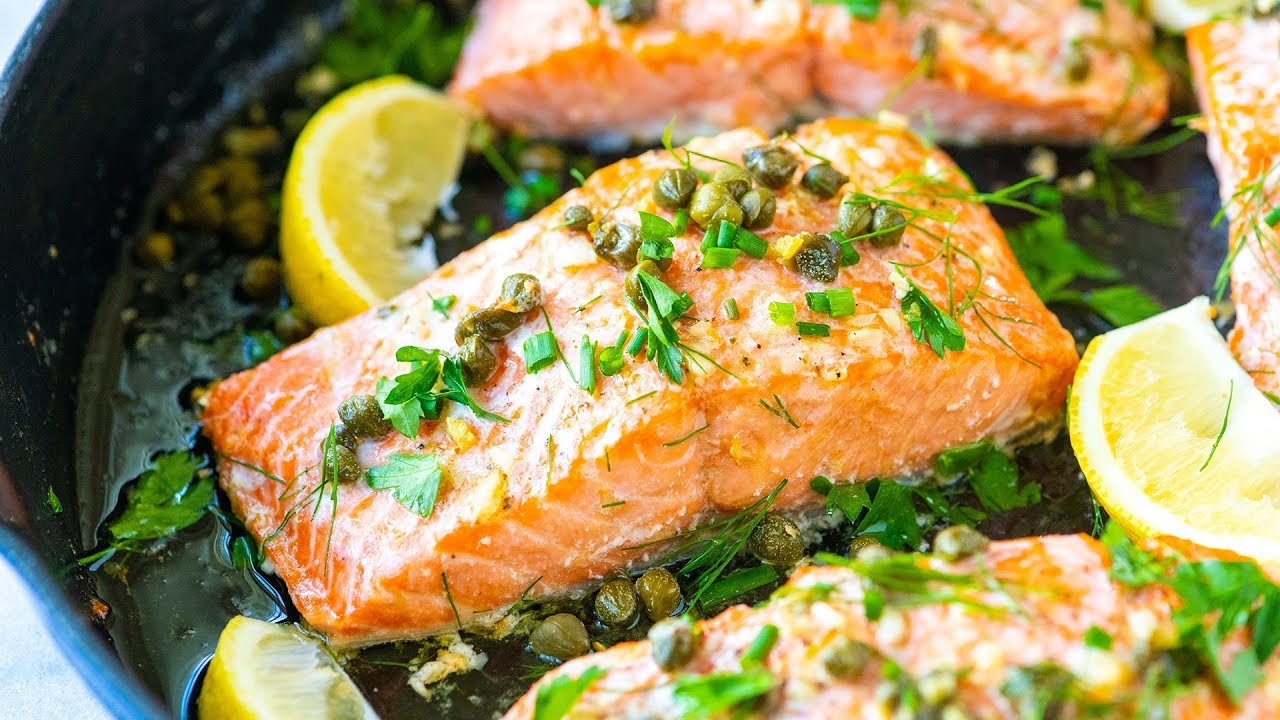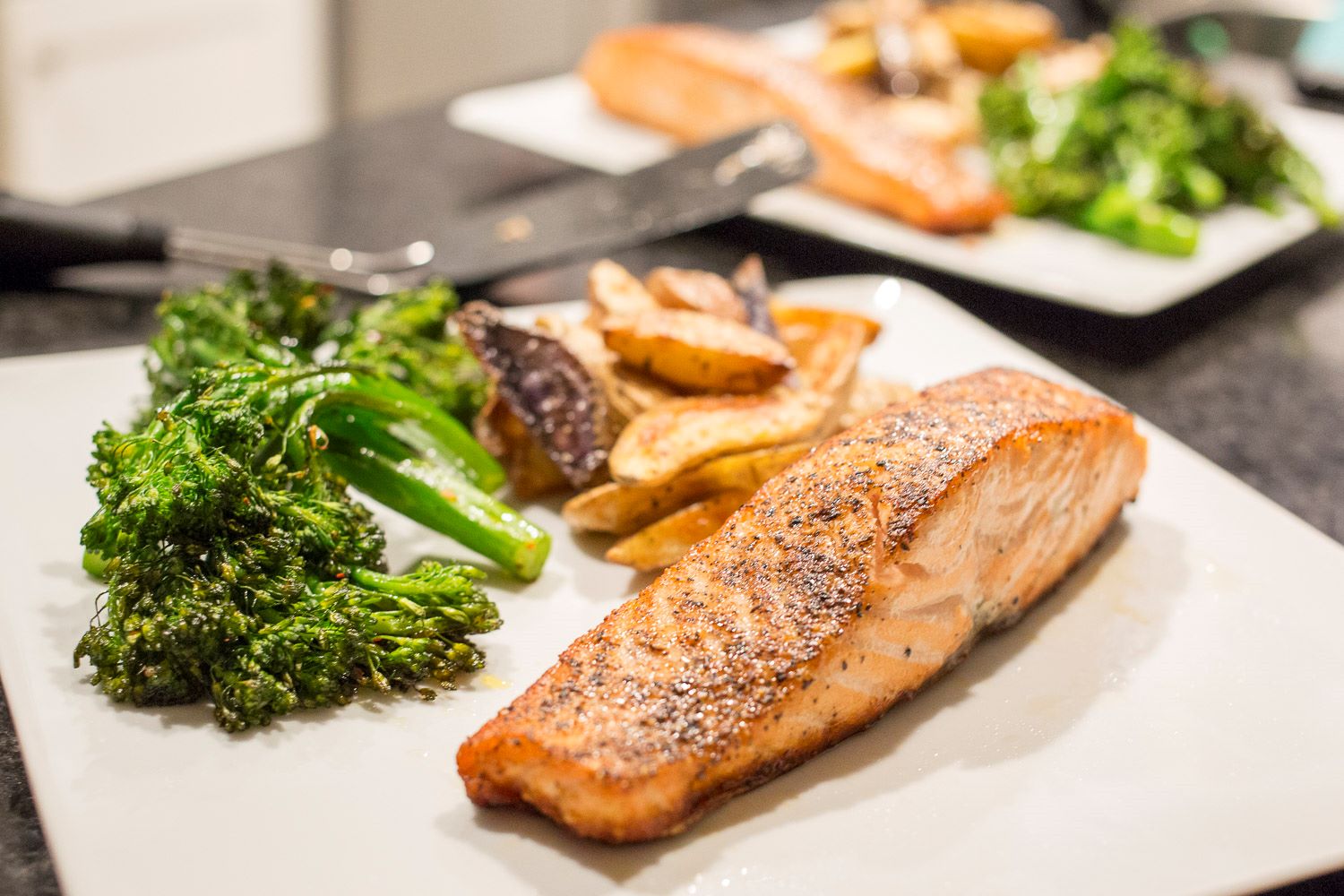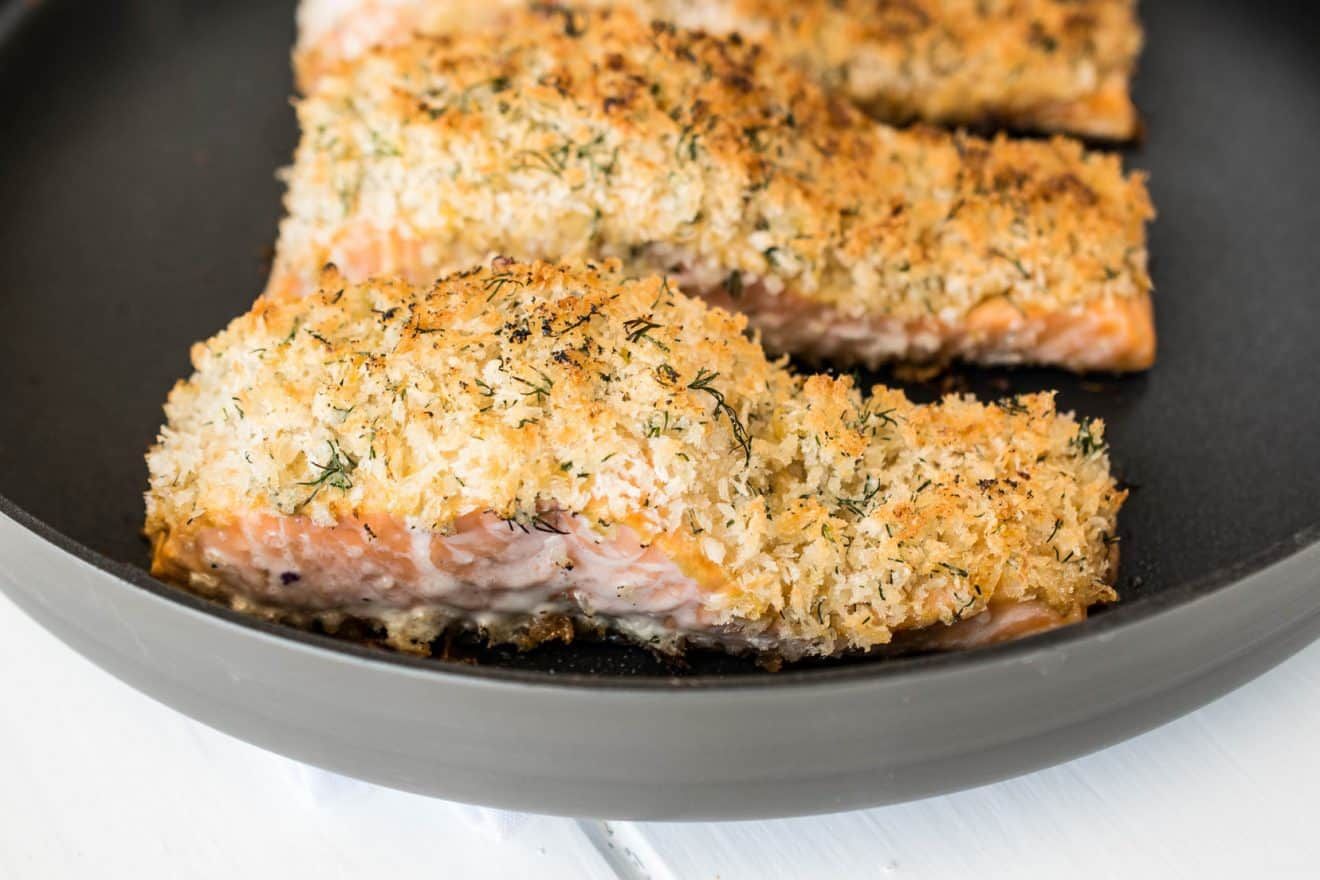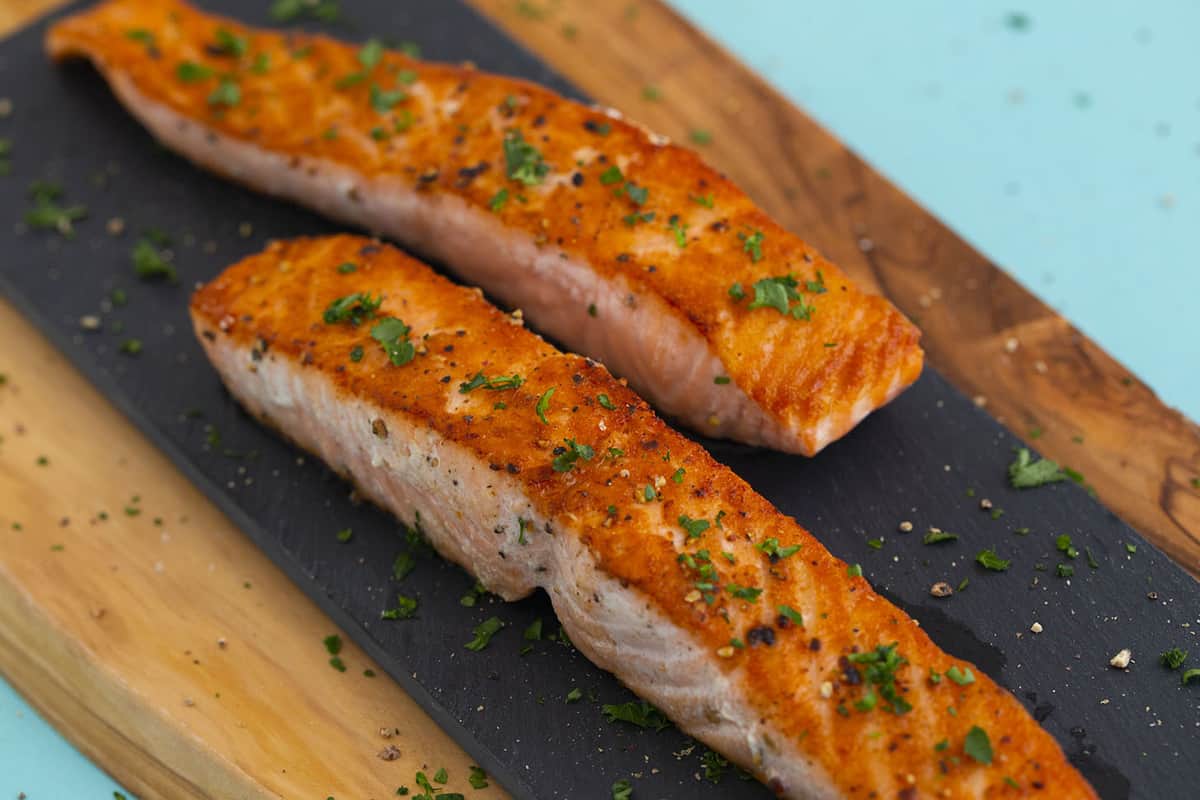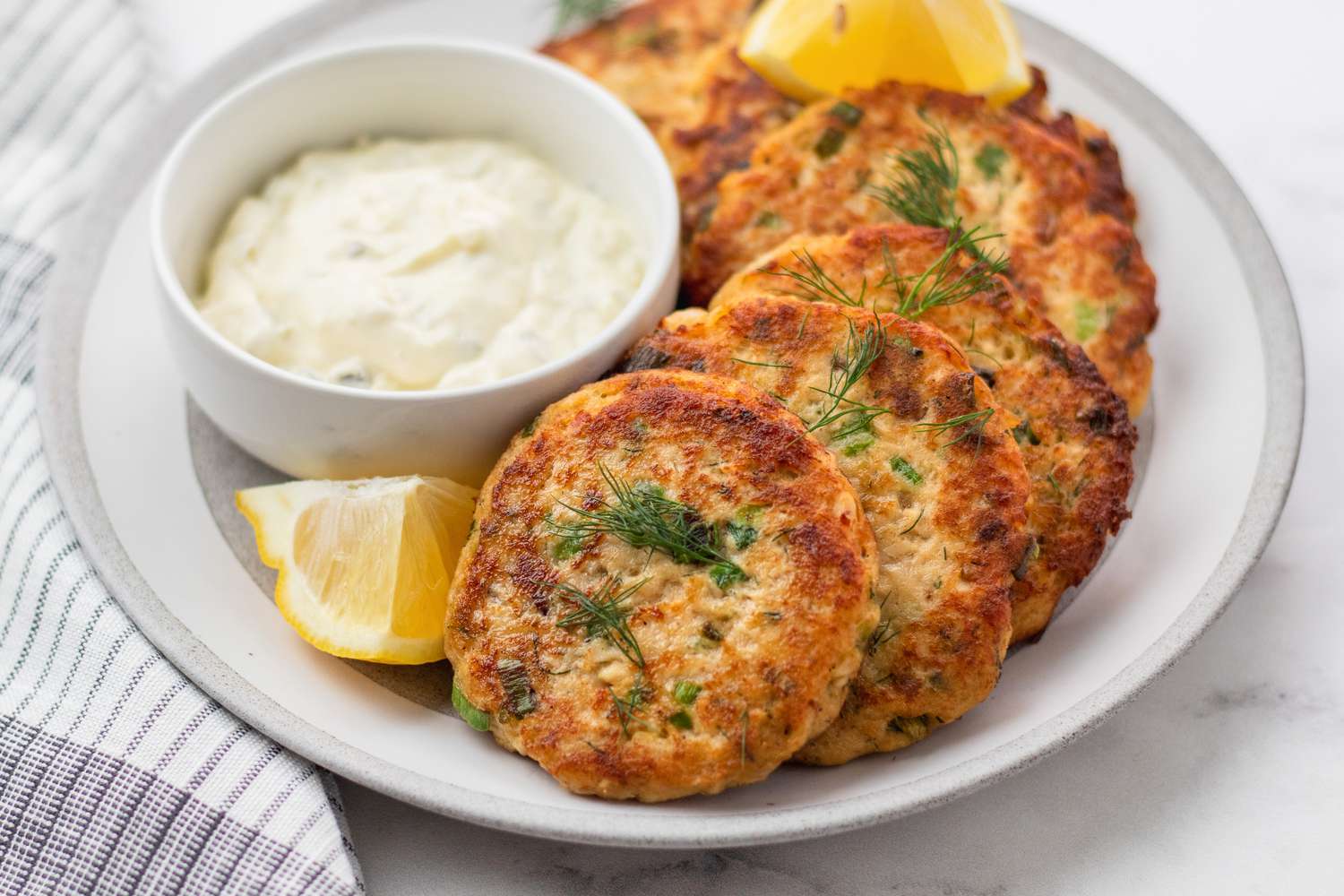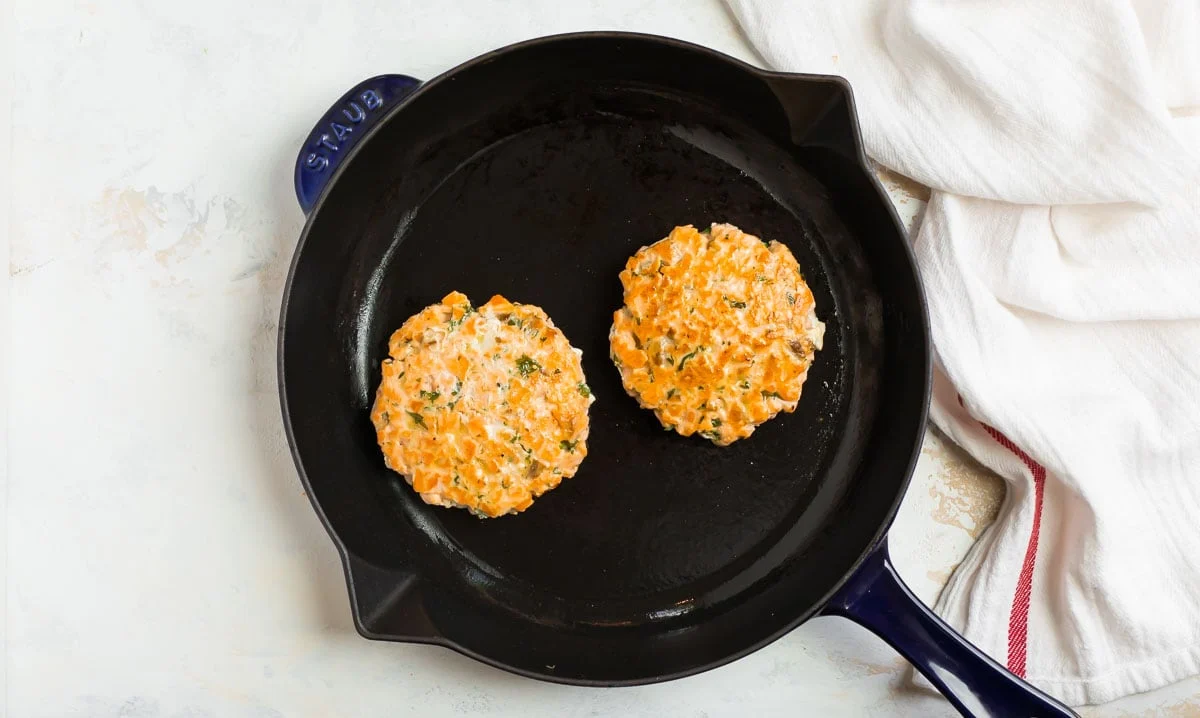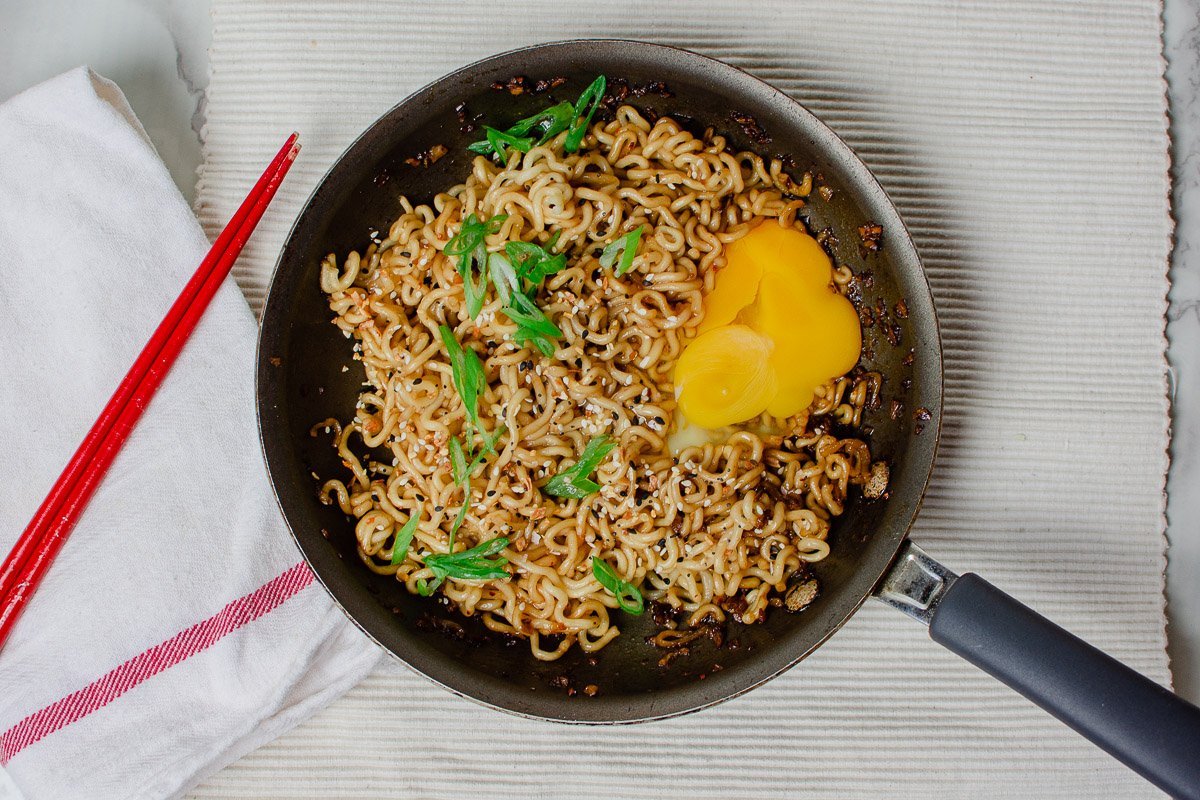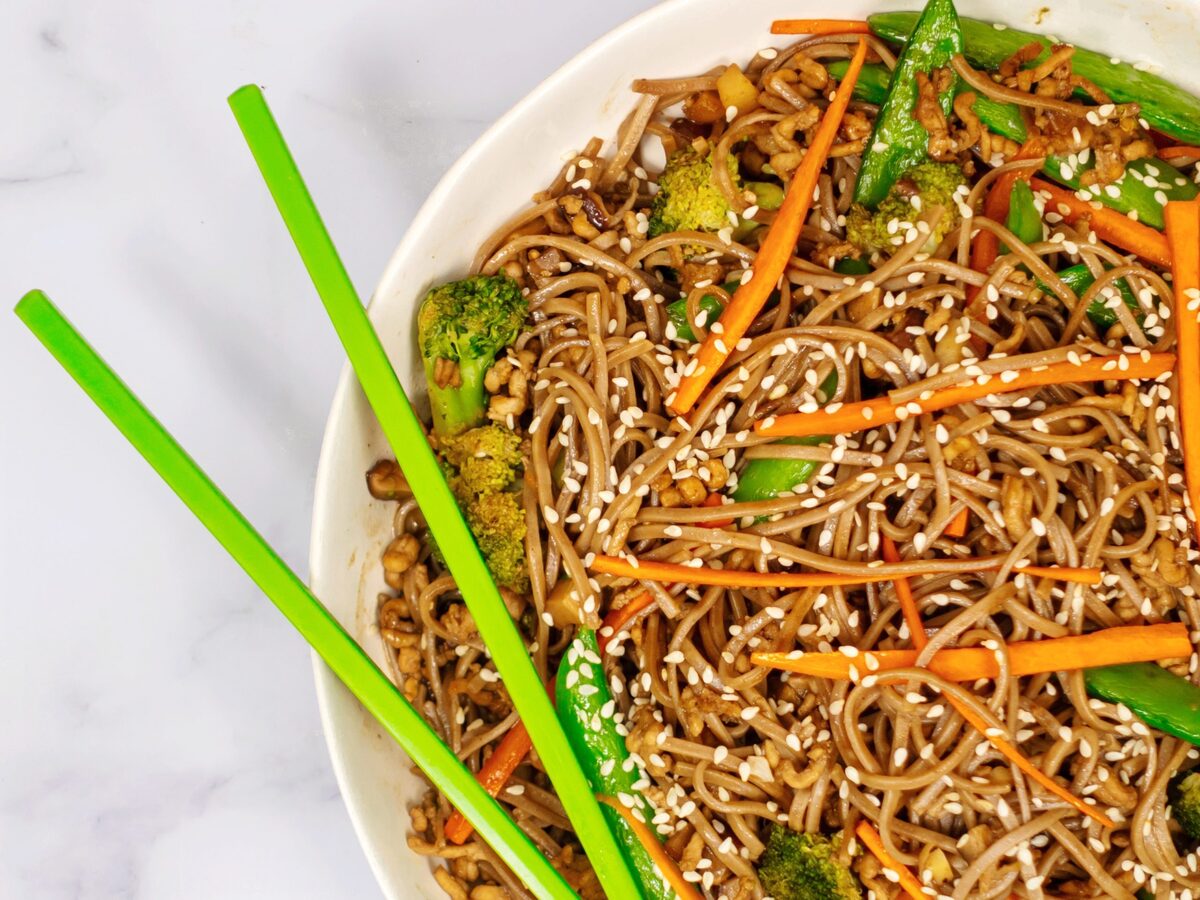Mastering the Art of Pan-Frying Scallops
Scallops are a delicious and delicate seafood option that can be prepared in a variety of ways. One popular method of cooking scallops is pan-frying, which allows you to achieve a golden crust on the outside while keeping the inside tender and juicy. If you’re looking to elevate your culinary skills and impress your friends and family, learning how to pan-fry scallops is a must. Here’s a step-by-step guide to help you master the art of pan-frying this delectable seafood.
Choosing the Right Scallops
Before you start cooking, it’s important to select the right scallops for pan-frying. Fresh scallops are always the best option, but if you can’t find them, frozen scallops can also work well. Look for scallops that are plump, moist, and have a sweet, briny smell.
Preparing the Scallops
Once you have your scallops, it’s time to prepare them for pan-frying. Follow these steps to get your scallops ready for the heat:
- Remove the side muscle from the scallops if they are still attached. This small, tough flap is edible but can be chewy, so it’s best to remove it before cooking.
- Pat the scallops dry with a paper towel. Moisture on the surface of the scallops can prevent them from achieving a good sear, so it’s important to ensure they are as dry as possible.
- Season the scallops with salt and pepper. A simple seasoning of salt and pepper will enhance the natural flavor of the scallops without overpowering them.
Mastering the Pan-Fry
Now that your scallops are prepped and ready to go, it’s time to start pan-frying. Follow these steps for a perfect sear every time:
- Heat a skillet over medium-high heat and add a small amount of olive oil or butter. The oil should be hot but not smoking before you add the scallops.
- Carefully place the scallops in the skillet, making sure not to overcrowd them. Leave some space between each scallop to allow for even cooking.
- Cook the scallops for 2-3 minutes on each side, or until they develop a golden crust. Avoid moving or flipping the scallops too often, as this can prevent the desired sear from forming.
- Once both sides are nicely seared, remove the scallops from the skillet and transfer them to a plate lined with paper towels to drain any excess oil.
Serving Suggestions
Now that your scallops are perfectly pan-fried, it’s time to enjoy the fruits of your labor. Pan-fried scallops can be served in a variety of ways, including:
- Over a bed of creamy risotto
- Tossed with pasta and a light lemon-butter sauce
- As a topping for a fresh, vibrant salad
However you choose to serve them, pan-fried scallops are sure to be a hit at any meal. With a little practice and the right technique, you can become a master at pan-frying this delectable seafood. So, roll up your sleeves, grab some fresh scallops, and get ready to impress your taste buds and those of your loved ones with your newfound pan-frying skills!
Was this page helpful?
Read Next: How To Pan Fry Marinated Short Ribs

